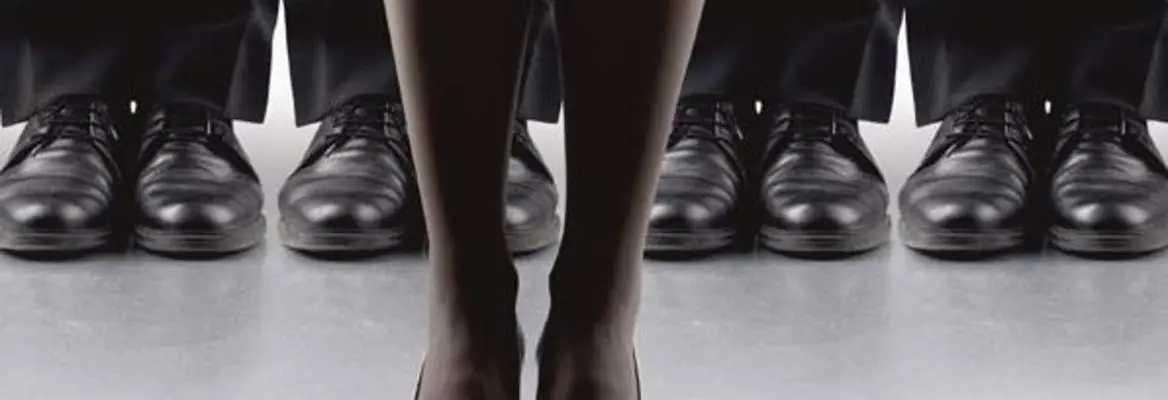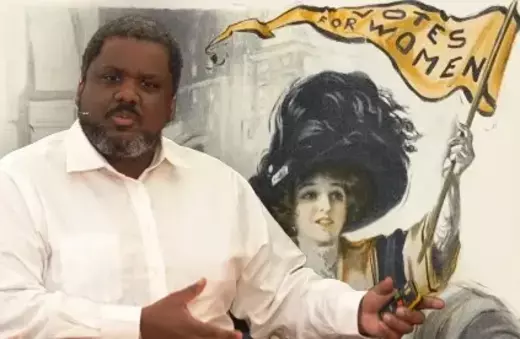Following an opinion piece by Labour MP Austin Mitchell in the Daily Mail, the role of women in politics is once again under scrutiny. “More amenable and leadable" is how Mitchell described women MPs. Meanwhile, a new study claims that female bosses earn 35% less than their male counterparts – over forty years after the Equal Pay Act was designed to put an end to such discrepancies. Have things changed since the labour market of the 1920s and ‘30s? Or is there still much to be done?
We spoke to labour market expert and Professor of Public Sector Management, Alison Wolf about gender equality in business and politics. Wolf is Director of the International Centre for University Policy at KCL, she headed a major government review on education in 2011 and is author of The XX Factor.
Is it a conundrum that the closer women come to equality of employment, for professional educated women, the weaker the ties and affinity across womankind?
I don’t particularly think it is a conundrum, to be honest. The better women do, the more important it becomes compared to gender. It seems to me that when we analysed society in the past, when women tended to be quite invisible, people would talk a great deal about conflicting class interests and conflicting interests of different groups. In the past, being a woman decided so much about your life – you could have been a rich or poor woman – but you had a huge amount in common with women of other classes because you were all so restricted in what you could and couldn’t do. Well once that ceases, then the differences, to put it bluntly, in class interests, in the interests of different groups, goes across to women just as much as it does to men.
The amazing gains of the last twenty or thirty years, in terms of educated and professional women, haven’t helped to alleviate the circumstances women as a whole. There are women who’ve been left behind, aren’t there?
I don’t see particularly why they should. I don’t want to imply that there haven’t been improvements for all women in the sense that they are freer, more independent, more able to live on their own; everyone’s got richer, they have more choices, more equal partnerships. But I’ve never really understood why, if a woman becomes head of a bank, it should be good for all women.
In the same way as Margaret Thatcher becoming prime minister?
Exactly. In one way it was a symbol of the fact that women were now able to be prime minister, but lots of women couldn’t for the life of them see in what sense she represented them, and they were quite right to because she didn’t. She represented other people, including a lot of men.
Is it part of the thesis that capitalism has never been good at making sure people aren’t left behind, and that this is just another example of that?
Absolutely. I don’t think many societies have been good at making sure people are not left behind, including but not confined to capitalism. So if the implication is that this was different in socialist societies, I never noticed that.
Do you think that professional women are at the top and leading lives more like men and making decisions more like men professionally and personally? Is that a problem or not?





















Join the conversation